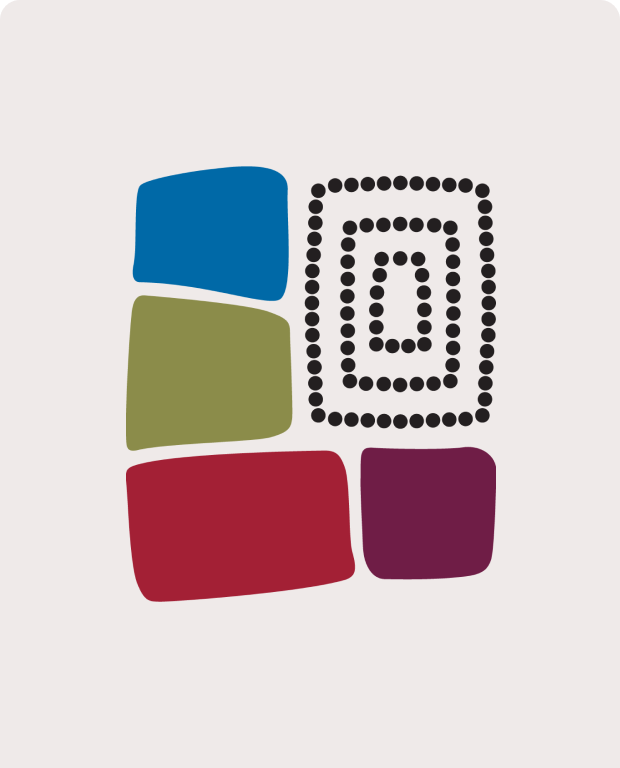Dads in the Indigenous birthing in an urban setting study

Tell My Story: Hearing from the Dads in the Indigenous Birthing in an Urban Setting (IBUS) Study
Project Aim:
To gain rich information on urban Aboriginal and Torres Strait Islander young men’s experiences, dreams, aspirations, needs, and challenges during their partner’s pregnancy and first 6-months of parenthood.
Objectives:
- Explore Aboriginal and Torres Strait Islander men’s experiences, dreams, aspirations, needs, and challenges during their partner’s pregnancy to 6 month post-natal.
- Identify Aboriginal and Torres Strait Islander men’s social, cultural and psychological strengths as a partner expecting a baby and as a father.
Project Team:
Project leader: Dr Yvette Roe, Senior Research Fellow, University of Queensland’s Mater Research Institute
Project partners:
- The Institute for Urban Indigenous Health (IUIH)
- IUIH Salisbury Mums and Bubs Hub
- The Aboriginal and Torres Strait Islander Health Service Brisbane Limited
Administering organisation: The University of Queensland
Project timeline: 1 April 2018—9 June 2019
Methodology
The IBUS Study is a longitudinal cohort study with an overarching Participatory Action Research (PAR) Framework that enables responsive, proactive action in relation to findings. This qualitative sub-study employed in-depth, semi-structured and focus group interviews and yarning circles with eight new or expectant Aboriginal and Torres Strait Islander dads whose partners were pregnant or had recently given birth.
It used Interpretative Phenomenological Analysis (IPA); a qualitative method of analysis which is descriptive and draws knowledge from everyday experiences. The social, cultural and psychological strengths that Aboriginal and Torres Strait Islander men exhibit in their roles as a father and a partner were identified from their accounts of everyday experiences. The analysis comprised of four steps:
- Coding of initial interview transcripts to identify themes and develop a coding framework.
- Identification and categorisation of men’s experiences using the coding framework.
- Examination of themes categorising men’s experiences to identify strengths they exhibit in their roles as a father and a partner.
- Use of key findings to inform the development of an Indigenous specific parenting program.
Project Findings
The positive and negative aspects of Aboriginal and Torres Strait Islander new and expectant dads and the relationship with their own fathers form a background against which they build their identity as a dad. To fulfill the role of a strong and deadly dad, and become the best they can be, Aboriginal and Torres Strait Islander new and expectant dads need support to heal and learn from their past and manage the stress of becoming a dad.
Specifically, new and expectant dads want:
- maternal services that acknowledge and celebrate Indigenous fatherhood
- maternal services that are inclusive of dads and support them to feel more connected to their partners pregnancy and empowered to support her pregnancy journey
- a male worker to yarn with men and share their experiences of becoming a father
- yarning groups to connect with other dads.
The research also documented the benefits of parenting on the health and wellbeing of the fathers and found that strengthening Aboriginal and Torres Strait Islander men’s role as parents is likely to have positive health and wellbeing benefits on the dads and can also improve child development and family wellbeing.
Project Outcomes
| Knowledge |
|
| Awareness |
|
| Behaviour |
|
Related Resources:
- Abstract for How do you do knowledge translation (KT) that works? KT Forum – April 2019
- Videos of presentation and interview at the April 2019 Knowledge Translation Forum

